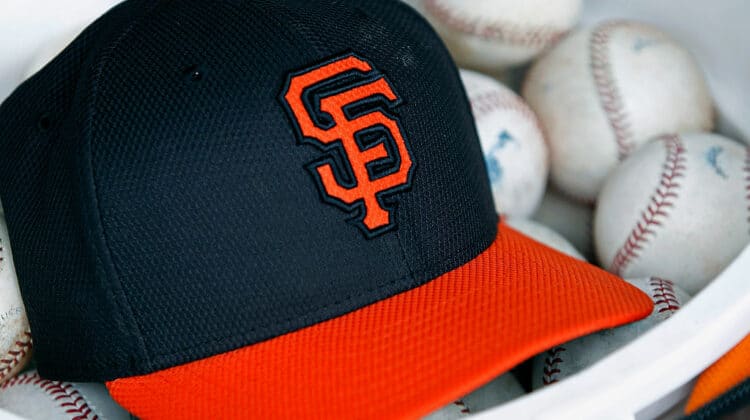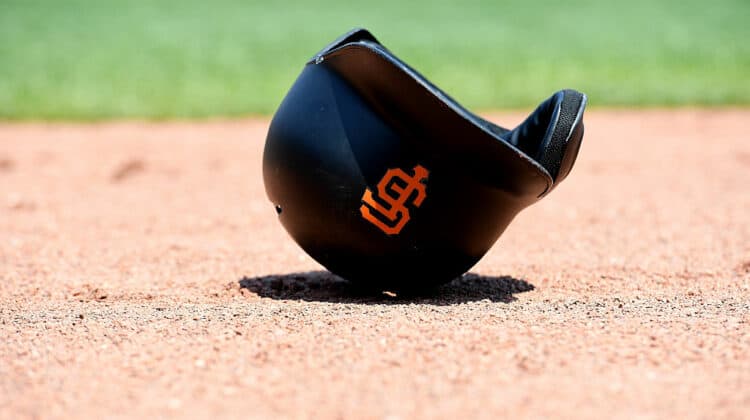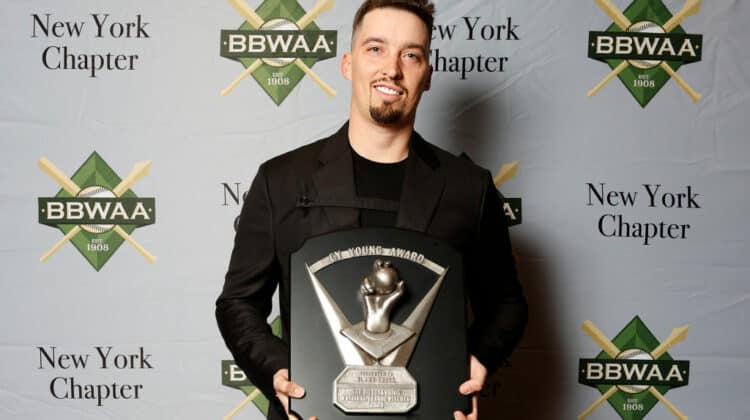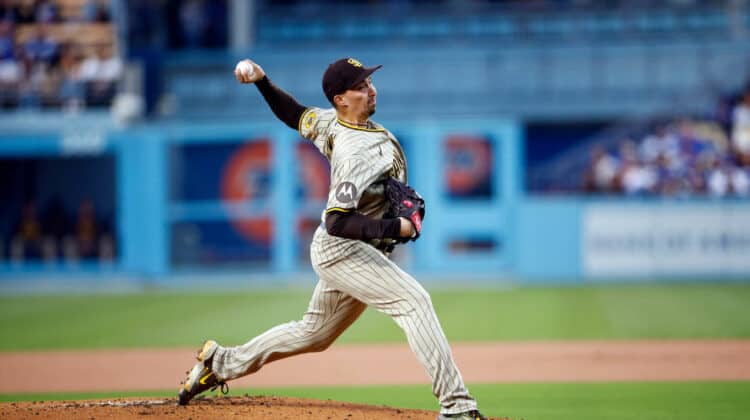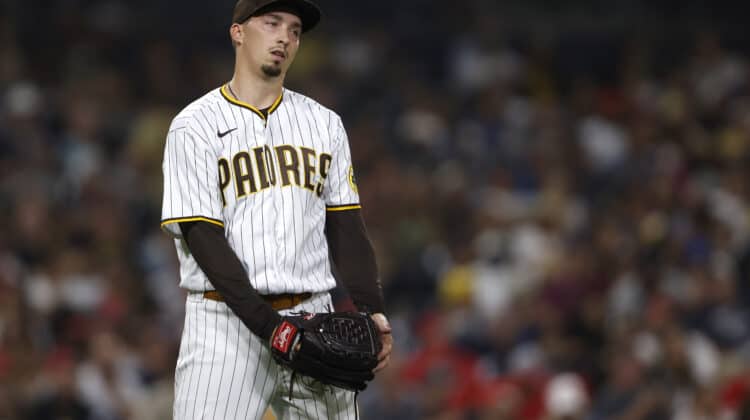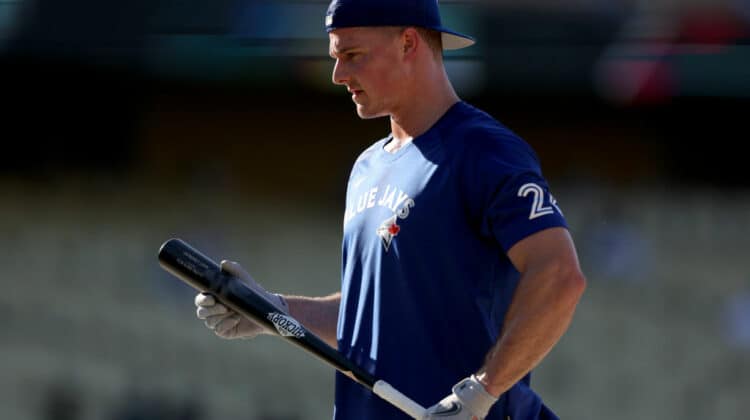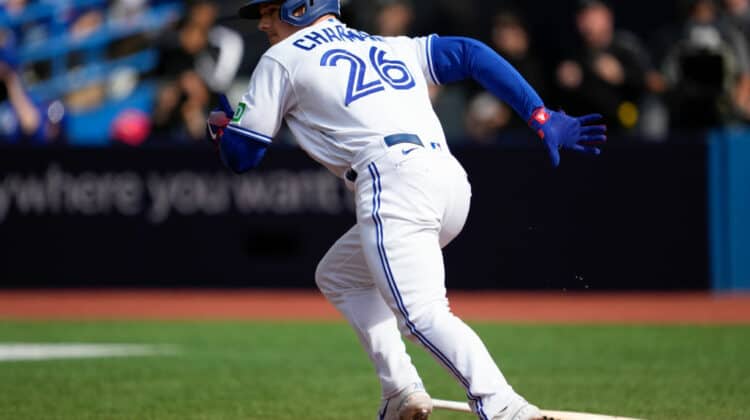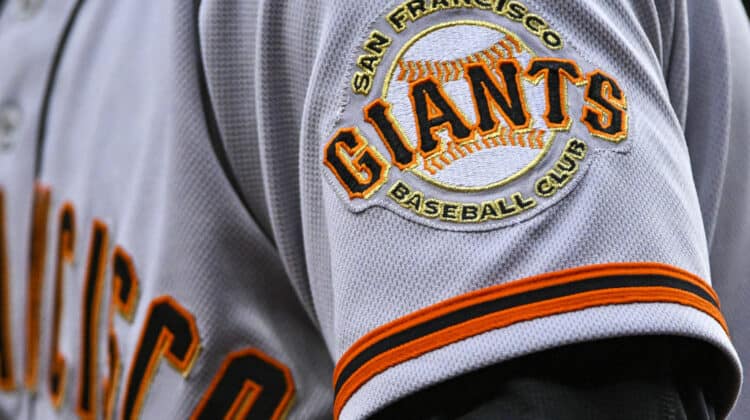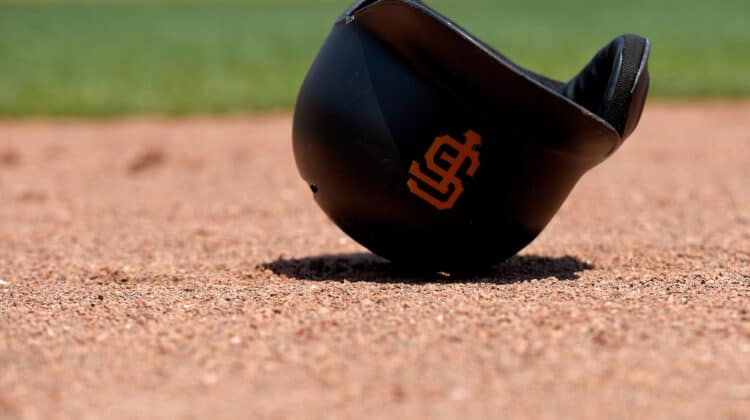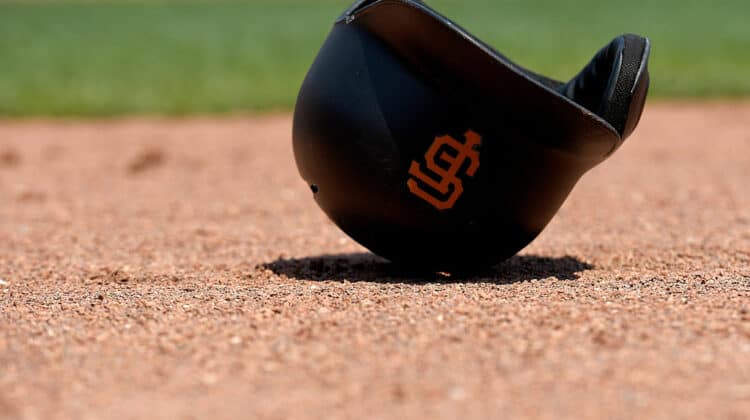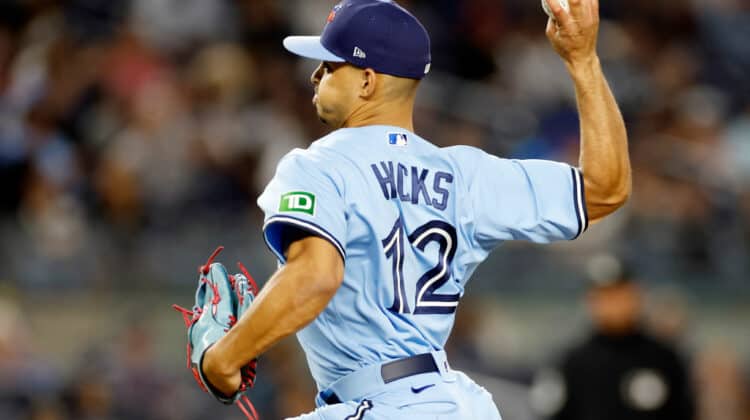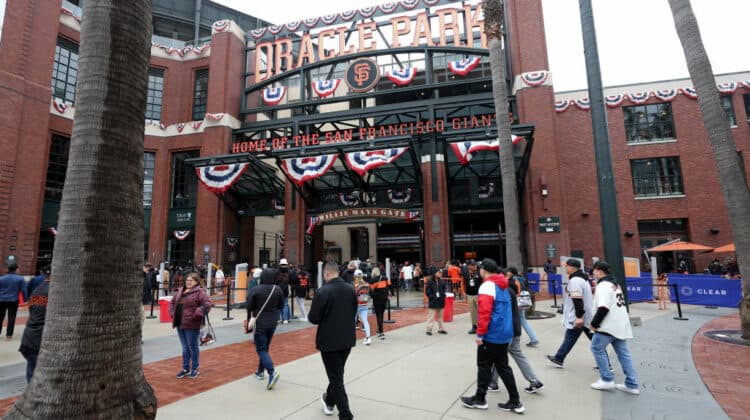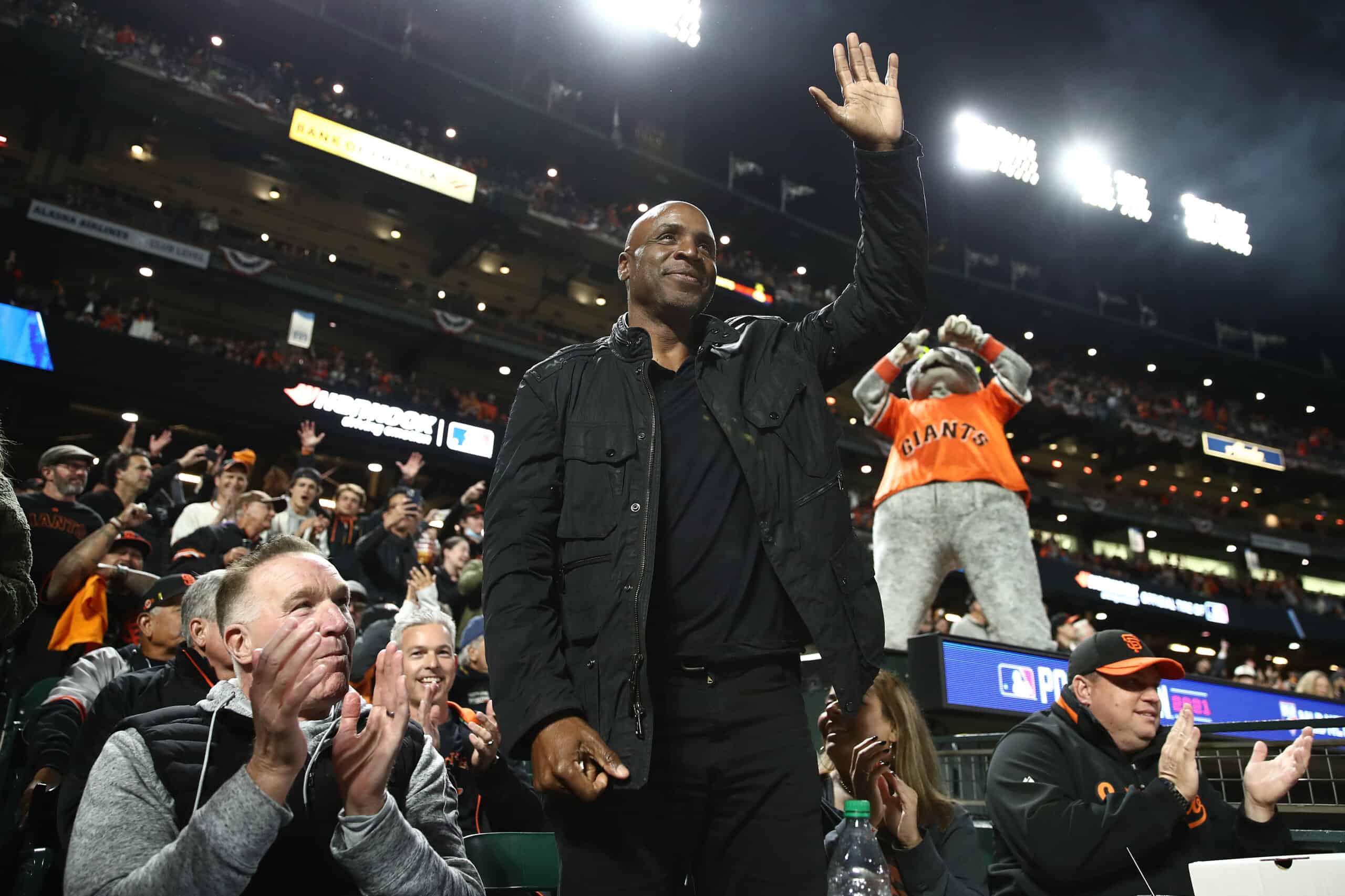
San Francisco Giants legend Barry Bonds is on the 10th and final year of Hall of Fame eligibility.
If he is not elected this year, his name would come off the list entirely, but he could have other ways to be enshrined in the future, through a veteran’s committee.
So far, approximately 42.9 percent of the ballots have been revealed, and Bonds’ name has appeared on 78 percent of them.
At 168 ballots/~42.9% known:
Ortiz – 83.9%
Bonds – 78.0%
Clemens – 76.8%
—
Rolen – 69.0%
Schilling – 60.1%
Helton – 56.5%
Jones – 48.8%
Wagner – 48.2%
Sheffield – 47.0%
A-Rod – 41.1%
Ramírez – 38.1%
Kent- 30.4%
Sosa – 25.0%
Abreu/Pettitte/Rollins – 11.3%
Vizquel- 10.7%— Ryan Thibodaux (@NotMrTibbs) January 15, 2022
It’s a solid number that represents some hope for him: it means he has had some early support.
However, there are 57.1 percent of the ballots to be published, and historically, he hasn’t done so well after they go public.
In fact, he has been stalled for a few years now.
Here is how Bonds has done in the last five voting cycles:
2017: 53.8%
2018: 56.4%
2019: 59.1%
2020: 60.7%
2021: 61.8%
He needed about 85 percent at this point to have better chances.
He Has A Long Way To Go
In any case, he has some early traction, but that doesn’t mean his chances are looking good.
In fact, he has gained only two votes from people who didn’t vote last year.
He has a long list of steroid allegations, starting from the late 1990s, his involvement in the BALCO scandal, the cream, the perjury case, his appearance in the book Game of Shadows, and more.
But steroid use was widespread at the time, and there wasn’t testing until the early 2000s.
They called it the Steroid Era for a reason.
If MLB hasn’t removed Bonds, or any other players linked with performance-enhancing drugs, why should voters refrain from checking their names?
Additionally, Bonds was already an established star when he, allegedly, started to use steroids in the late nineties.
He had over 300 home runs and stolen bases before 1997.
Through 1996, he had slashed .288/.404/.548 with a .952 OPS, 333 doubles, 334 home runs, 993 RBI, and 380 steals.
He also had more walks than strikeouts.
Those are Hall of Fame-caliber numbers.
Oh, and he also had, at that point, six All-Star Games, three MVP awards, six Gold Gloves, six Silver Slugger awards, and one home run and RBI crown.
He already had a 9.9 WAR and a 10.5 WAR season before 1997.
WAR means Wins Above Replacement, an attempt by the sabermetric community to quantify a player’s contributions to his team.
On that list, Bonds only trails Babe Ruth.
What The Future May Hold For Bonds
There is no way to know what kind of movement Bonds’ candidacy and percentages will have as the rest of the ballots become public.
Perhaps he could break the pattern, but it looks unlikely at this point.
Chances are he will depend on veterans to see if he will eventually gain his place among the immortals.
Bonds’ public persona and image is, and has always been, controversial, so it’s impossible to tell how highly regarded he will be once his name is thrown to the table for that hypothetical discussion.
Could be reading the room wrong, but it really seems like Schilling would have a much easier time on a future Veteran's Committee vote than Bonds or Clemens.
— Foolish Baseball (@FoolishBB) December 28, 2021
It’s clear that a sizable portion of the writers, especially those who prefer a small hall to keep things exclusive, don’t like him.
However, he was one of the greatest, if not the best, player ever to step on a baseball field.
He has two of the most impressive records in the history of the game: most homers in a season (73) and in a career (762).
That’s got to be worth something.
NEXT: The Giants Need To Retain Kris Bryant In 2022